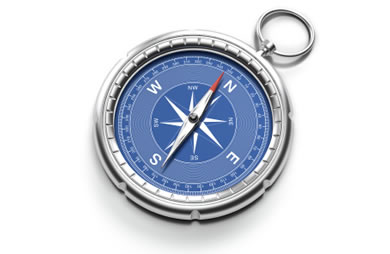|
I'm sure we're all guilty of it from time to time: buying items at the supermarket that we never end up using and eventually end up in the trash. I know I'm to blame. Usually I have the best intentions, thinking I'll use something as an ingredient in a recipe I never end up making, or buy a snack that looks good at the time but I never end up eating. Whenever I do go through my periodic "purge" of the refrigerator and cabinets, I always feel guilt over the foods I end up throwing away. U.S. research estimates that at least 14% of the foods we purchase end up in the garbage (about 96 BILLION pounds of food a year). I think it's safe to say that in many other countries, that number is a LOT lower. I remember a friend telling me about a mission trip she took to Mexico. She was helping prepare meals in a very poor community, and she couldn't believe how little they threw away. They used every part of every piece of food they possibly could, throwing away almost nothing. In the U.S., food waste makes up about 12% of landfill material. As organic materials like vegetables and grains decompose in landfills, they release the greenhouse gas methane into the environment. So what are some of the reasons we throw away so much? One is that we tend to buy more food than we need to, especially when we shop without a grocery list or become tempted by sales and "buy one get one free" specials. I know that the majority of my food waste comes when I start to deviate from the list I've brought with me. So maybe before you start grabbing items, think twice about whether or not you're going to be able to use it before it spoils, and whether or not you really need it. You'll reduce waste and save money at the same time. Making a list before you head to the store really helps with that. (Find out how to prolong the life of your produce!) If you constantly find yourself with leftovers that you never end up eating, you have a few options. 1. Make less food. Scale back your recipe to serve two instead of 10--that way you'll have less to worry about finishing later. 2. Freeze the leftovers for later use, or plan to use them in another dish this week. For example, you could use your leftover chicken in a soup or on top of a salad. Reducing food waste is better for the environment and your wallet, so think before you shop! Do you feel like you keep food waste to a minimum in your household? If you're not from the U.S., are things different in your country? |
Popular Entries
More From SparkPeople |















